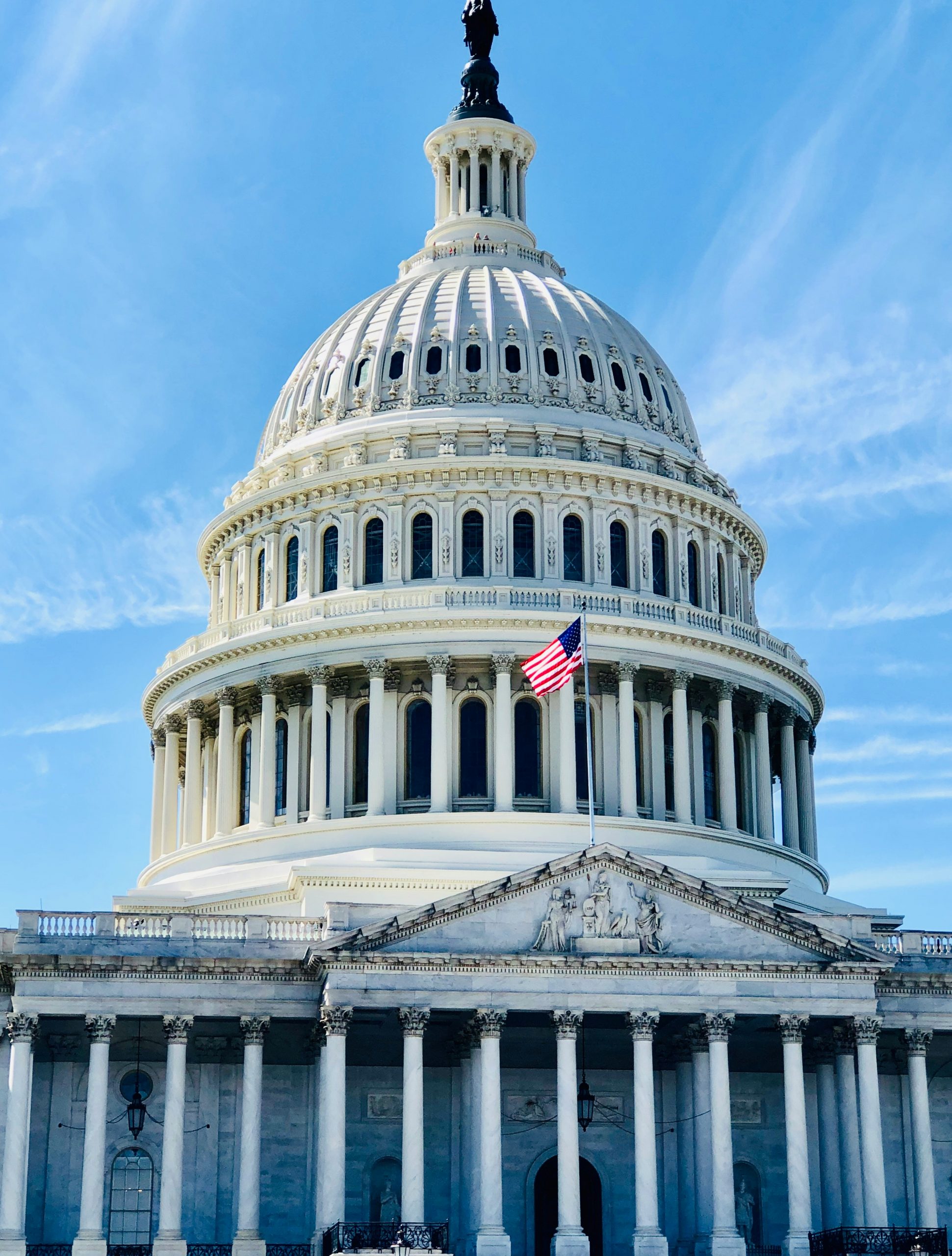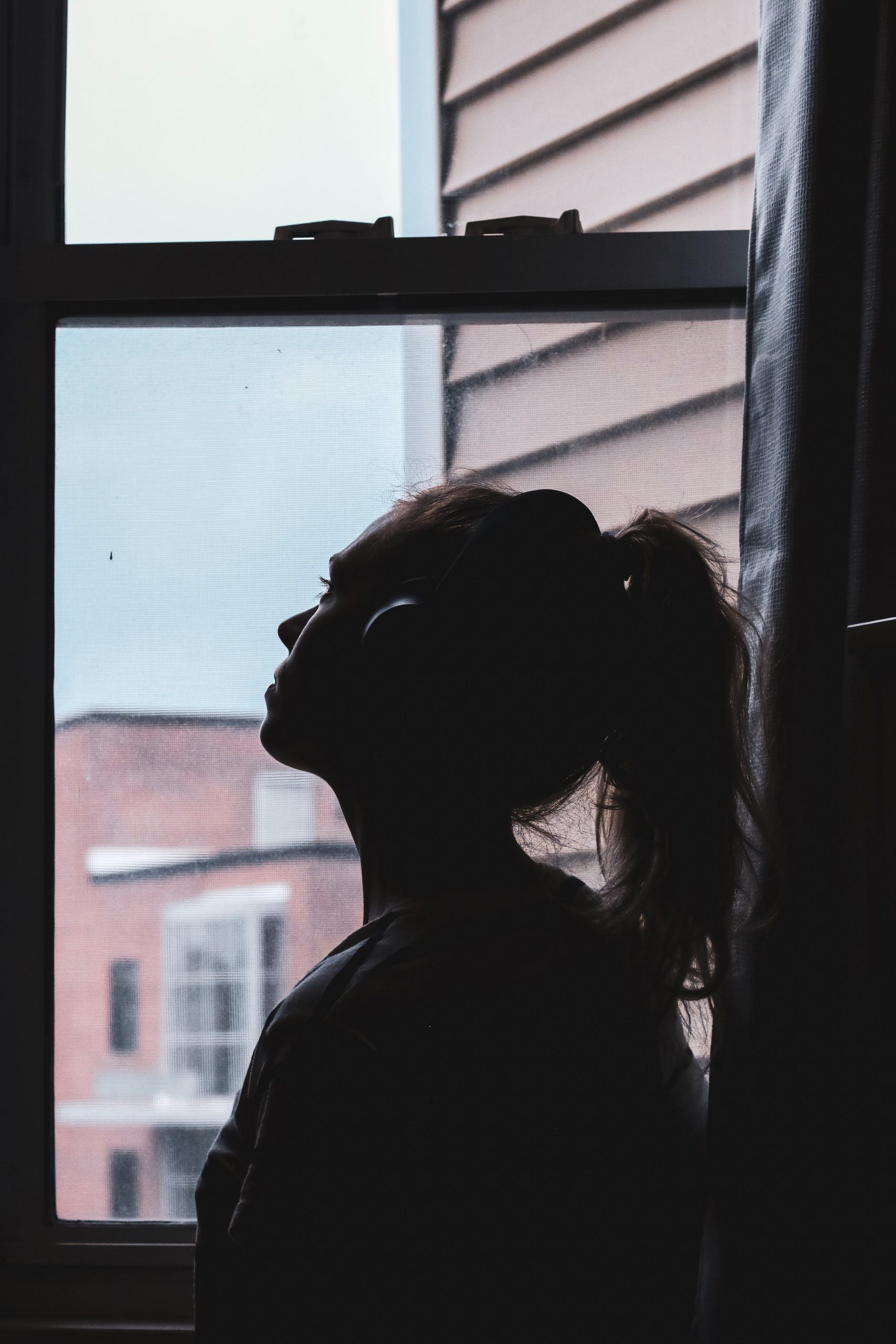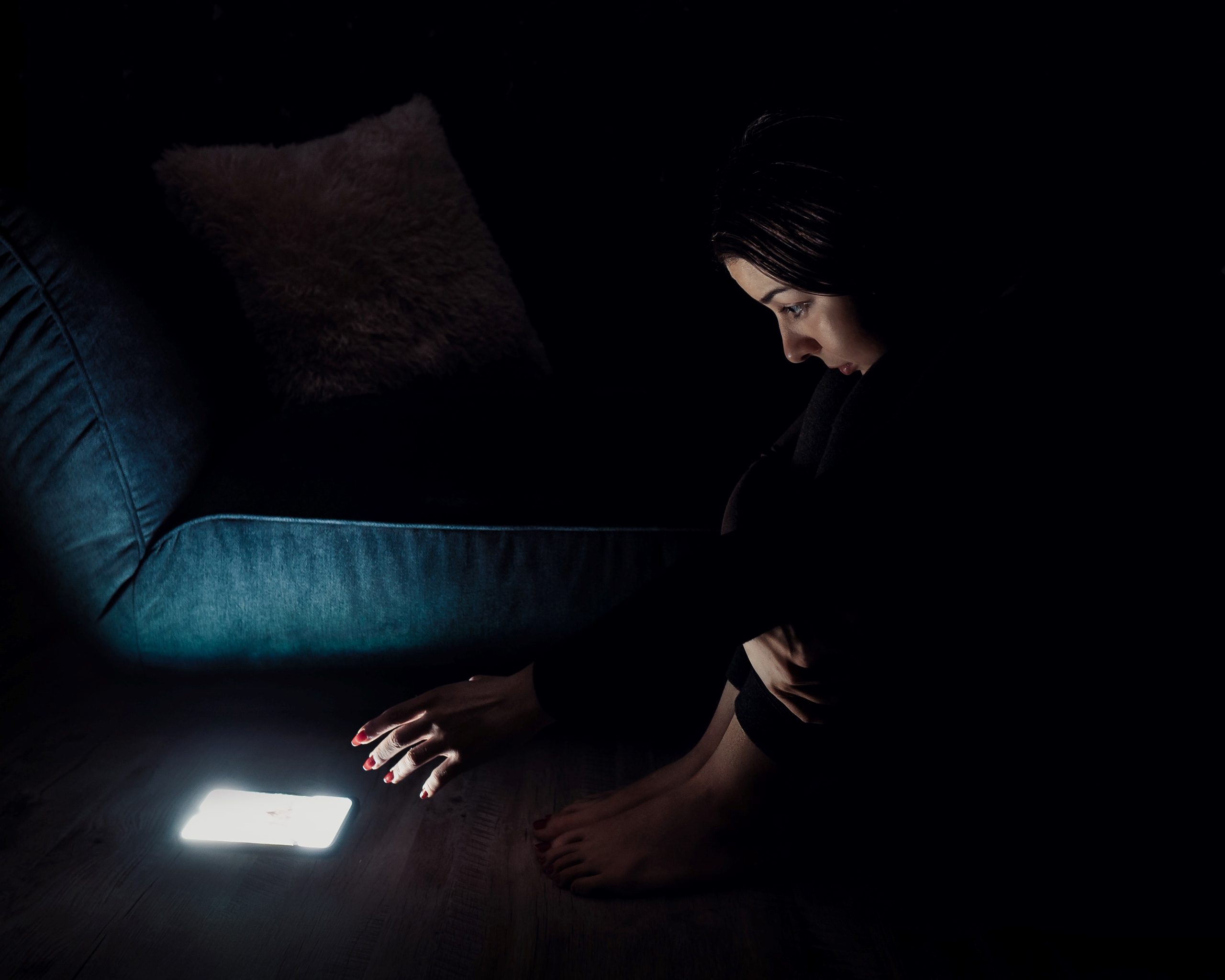Last week senate hearings were held in the US. The heads of Meta, Discord, Snap, X (formerly Twitter) and TikTok were asked by lawmakers how the platforms intended to safeguard children online. Behind them sat the families of children who had harmed themselves, killed themselves and been sexually abused because of social media. During one hearing Mark Zuckerberg apologised to those families (after being prompted to do so). That apology rings hollow when social media companies have made it clear they will prioritise business and profit over safeguarding. Whistleblowers have confirmed what we all suspect anyway. Social media companies have the capability to do much more than they are, but have chosen not to. They will just wait for this whole kerfuffle to blow over so they can go back to making bumper profits. It’s unlikely anyone will stop them.
What was covered in the Senate hearing?
The main focus of the hearing was the online sexual exploitation of children on social media. General safeguarding was also addressed. There were questions about how the tech leaders felt about child safety legislation currently passing through congress. Some examples are KOSA and Stop CSAM. Unsurprisingly, they weren’t fans.
Unfortunately, instead of targeting Shou Zi Chew with safeguarding questions, despite his company TikTok being massively popular amongst young people, he faced some pretty blatant racism as senators completely missed the point. What has the Chinese Communist Party got to do with social media endangering young people? How about asking why dangerous trends are allowed to proliferate on the platform, resulting in maimed and dead children? Meta claimed it was launching 30 new safeguarding tools to protect children. Unfortunately, these didn’t include an easy way for young people to report harmful content they’ve seen, or an age-verification system. Basically, this senate hearing was fairly useless.
But without intervention from World Governments, social media platforms have no intention of safeguarding children.
The presence of children on social media is too valuable to social media companies for them to meaningfully restrict their usage. In 2022, social media platforms in the US collectively made $11billion on ad revenue from children under the age of 18. $2.1billion of that was from children under 12, even though it’s technically illegal for them to have social media accounts. But with no age verification, children can, and will, lie about their ages on social media.
Whistleblower Arturo Béjar, who was a consultant for Meta for a couple of years, reported that 8.4% of 13-15 year-olds had seen someone harm themselves or threaten to harm themselves over a week this January. He added the claim: “It would take three months for Meta to carry out an efficient crackdown on self-harm content […]They have all the machinery necessary to do that.” But if harmful content is what’s keeping young people on social media platforms (and generating money), then the platforms aren’t going to stop it.
The UK public has experienced a couple of high-profile tragedies in the last couple of years, caused/exacerbated by teenagers having free access to the internet and social media.
I’m specifically looking at the UK because these are the cases I’m most familiar with as a British person. The way that the US government treats these tech companies, many of which are American, acts as a road map for the rest of the world. Undoubtedly, similar cases to these two exist all over the world.
Molly Russell
In 2017, 14 year old Molly Russell killed herself after viewing content related to suicide, self-harm and depression. At an inquest in 2022, the coroner ruled that social media contributed to her death. This is suspected to be the first time that social media companies have been legally blamed for anyone’s suicide.
Despite the high-profile nature of this case, in the last 7 years since Molly’s death little has changed with social media when it comes to safeguarding children. Social media platforms claim they’re doing their best to protect children from harmful content. The Molly Rose Foundation, set up in memory of Molly, found that they could still access large quantities of the harmful content Molly was exposed to. Pinterest, one of the platforms Molly used the most, was actively recommending suicide related content, even when not searched for. It’s important to note that the inquest was not a trial. The social media companies faced no penalties.
Brianna Ghey
Brianna Ghey’s case is much more recent. The 16 year old was stabbed to death in a park in 2022 by two 15 year olds. Her mother last week called for a ban of social media for under-16s. They should not be allowed the full use of smartphones until they are better able to handle the damage they can cause. This comes after revelations of the incredibly disturbing social media messages shared between the two murderers for a long time before the murder. On top of that, one of the killers frequently viewed snuff and torture videos she found on the dark web and fantasised about their content.
The two also idolized famous serial killers. Is this the worst-case-scenario result of true crime mania on social media? Platforms are awash with morally questionable true crime entertainment. How can we expect children to process that material in a safe and reasonable manner? This case is making parents all over the UK reconsider their children’s internet freedom.
The way things are going, social media will likely never be a safe place for young people to be. Shall we call it a day?
Social media companies have proven that no matter how miserable young people are becoming, how much abuse and bullying they endure, how many predators are allowed to thrive on their platforms, they will blame the parents. Shrug it off as not their problem. Claim to be working hard to help then do sweet Fanny Adams. Apologise to save face but continue to do the things their apologising for. It’s a mess, and governments are clearly incapable of creating meaningful legislation to stop them. The damage tech companies cause has been real and tangible for years, and we’ve ignored it. We need to stop permitting them so much power over our lives. For the sake of young people and children, we need to make a break from social media.



